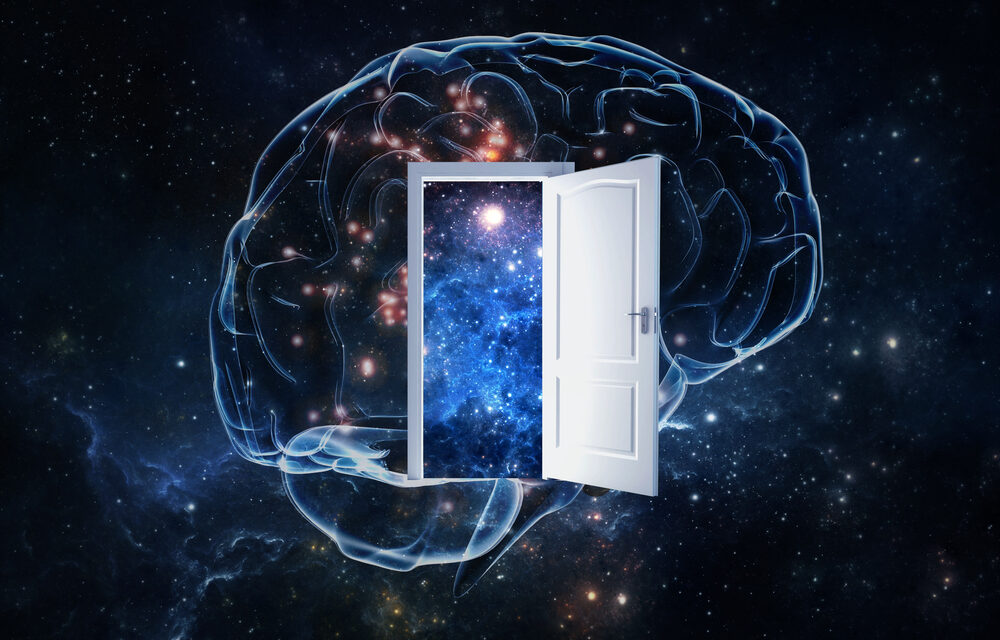By Judith Fales
During World War II, the U.S. engaged in a research project to produce nuclear weapons. Known as the Manhattan Project, it required enormous amounts of money and brain power. According to Dr. Husseini Manji, a neuroscientist at the National Institutes of Health, and Johnson & Johnson, we now need a Manhattan Project approach to treat mental disorders and dementia.
Dr. Manji recently discussed this and more during a Harvard T.H. Chan School of Public Health webinar moderated by Ipsit Vahia, MD, a geriatric psychiatrist and director of the Technology and Aging Laboratory at McLean Hospital, a psychiatric hospital in Belmont, Massachusetts. Dr. Manji says bringing about change in our approach to mental disorders and dementia will require a combined effort by medical scientists, individuals working in biotechnology, the government, pharmaceutical companies, and private investors.
Noting that much more attention and money has been directed to physical health issues including heart disease and cancer than to mental health, Dr. Manji says holistic and multidisciplinary efforts are needed to better understand the causes, and develop treatments for, depression, bipolar disease, schizophrenia, dementia, and anxiety. He adds that genetic research has taught us about the mind/body connection, and that mental illness affects physical health.
Citing research on families, twins, and adoptions, Dr. Manji says mental illness is attributable to a combination of genes and environment, which includes homelessness, incarceration, and the long-term effects of racism. He says the increase in depression and anxiety during the first year of the pandemic was primarily due to the uncertainty, financial pressures, social isolation, and lack of control people felt over their lives. Many receiving mental health treatment prior to the pandemic lost access to help because they feared going into public places for therapy, or were uncomfortable with virtual treatments. Stigma associated with mental illness is also a reason why people fail to reach out for help.
Dr. Manji says drugs and therapies, including transcranial magnetic stimulation, and even psychedelics, may help millions of people, and save money that is currently being spent on the social and economic effects of mental illness. This would require both government and private funding. Unfortunately, pharmaceutical companies are reluctant to fund research because it takes years of trials to develop new drugs, and most of them fail. However, some companies are now collaborating, with the shared goal to reduce costs.
Tackling Alzheimer’s is yet another challenge, as amyloid build-up in the brain can be present for up to 20 years before a person exhibits changes in memory, thinking, or behavior. Improved research in plasma makers and beta-amyloids could make it possible to diagnose people earlier. Dr. Manji also discussed the role of artificial intelligence in finding indicators of mental illness and digital technology to deliver care or help train counselors. For example, an AI-powered chatbot named Woebot is a mental health digital solution designed to treat substance use disorders, which are often associated with mental illness. Dr. Manji says such research must include diverse populations to ensure that treatments will be effective for all people.












